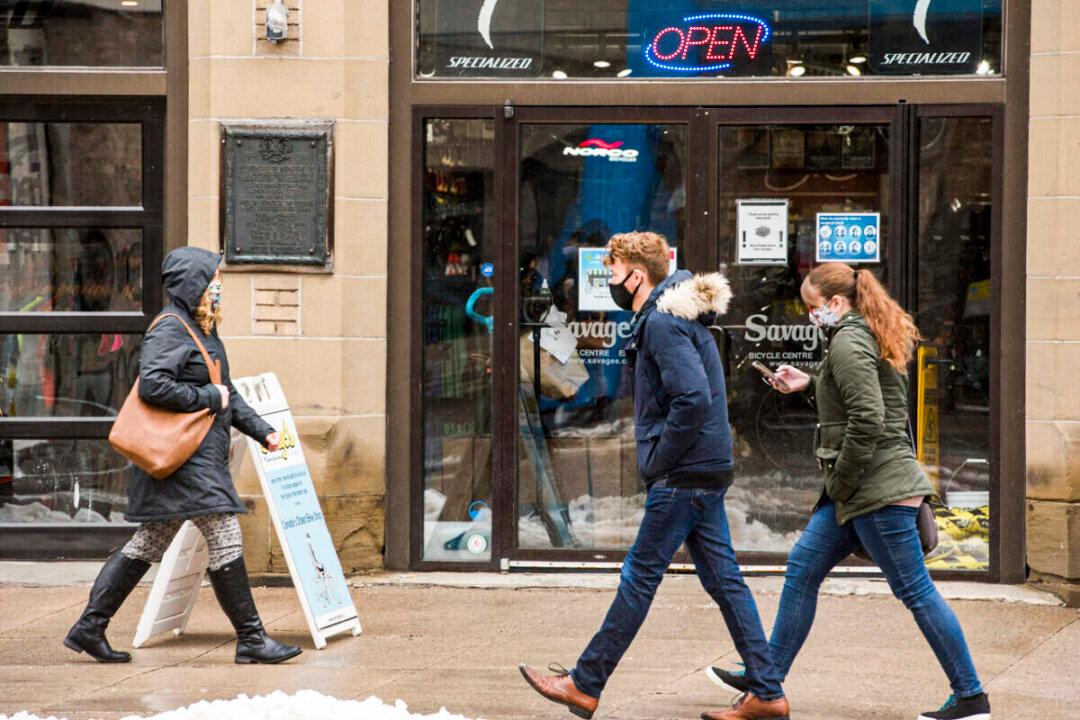The New Brunswick government and a farmers market in Fredericton have backed down on a COVID-19 measure that allows grocery stores to deny entry to unvaccinated Canadians after being warned of legal action, a non-profit legal organization says.
“Today the Government of New Brunswick and the City of Fredericton have corrected their vaccination policies in relation to grocery sales to accord with the Charter and Human Rights legislation and this is a positive step,” Andre Memauri, staff lawyer at the Justice Centre for Constitutional Freedom, said in a statement on Dec. 17.





